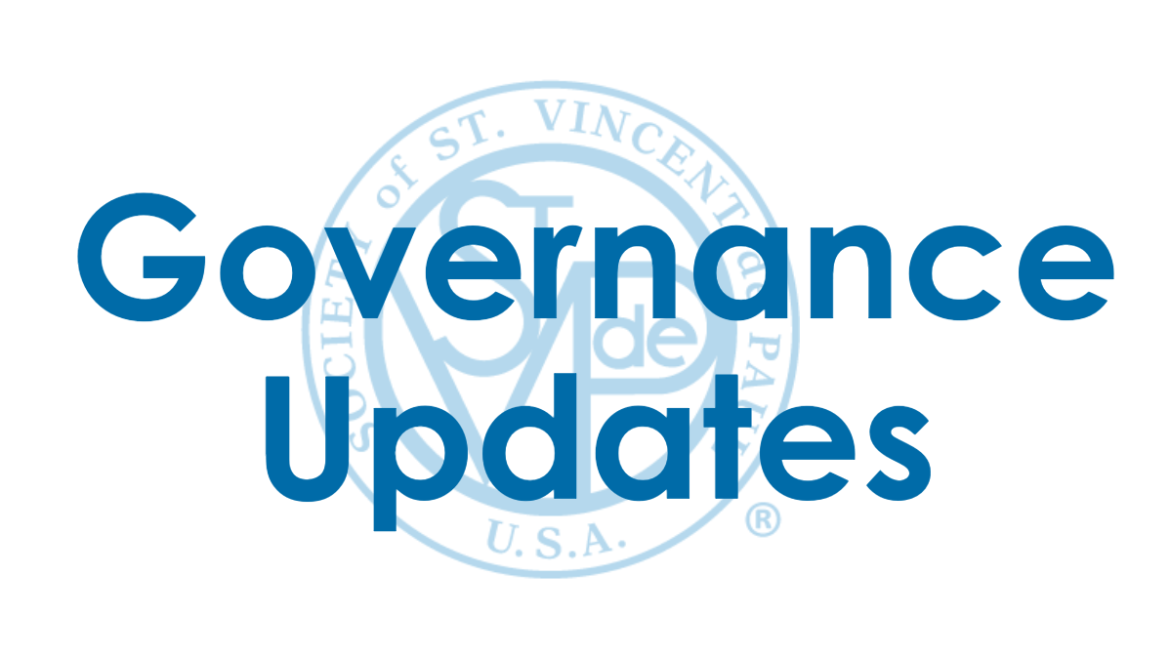Q: A couple of our members questioned buying raffle tickets with funds that “belong to the poor.” Please clarify.
A: Conferences should not use funds donated to the Society in any way for gambling, including the buying of raffle tickets. Individual members can purchase raffle tickets using their personal resources. This is acceptable according to the Rule.
Q: How do we determine a quorum? We have 17 active members, but only 7 – 10 are attending meetings regularly. I am able to get some input from those who are not attending but obviously, they are not voting in person.
A: The nationally recommended model bylaws describe a quorum as a majority of the active Conference members. It is defined as 50% of Active Members plus one. Remember, an Active Member is someone who regularly attends meetings. From the specifics of the question, only 7 – 10 are actually Active Members. If, for example, there are 10 Active Members regularly attending meetings, then the quorum is 6. If the number of Active Members changes, the quorum changes. Further, do not confuse a quorum with a majority needed for certain decisions as required in your bylaws. If there is no quorum the Conference can still meet, they just cannot pass any resolutions.
P: Un par de nuestros miembros cuestionaron la compra de boletos para una rifa con fondos que “pertenecen a las personas que viven en la pobreza”. Sírvanse aclarar.
R: Las Conferencias no deben usar los fondos donados a la Sociedad de ninguna manera para juegos de azar, incluida la compra de boletos para rifas. Los miembros individuales pueden comprar boletos de una rifa utilizando sus recursos personales. Esto es aceptable de acuerdo con la Regla.
P: ¿Cómo determinamos el quórum? Tenemos 17 miembros activos, pero solo entre 7 y 10 asisten a las reuniones con regularidad. Puedo obtener algunas opiniones de aquellos que no asistirán pero, obviamente, no votarán en persona.
R: Los Estatutos modelo recomendados a nivel nacional en el sitio web nacional describen un quórum como la mayoría de los miembros activos de la Conferencia. Se define como el 50% de los Miembros Activos más uno. Recuerde, un Miembro Activo es alguien que asiste regularmente a las reuniones. De los detalles de la pregunta, solo 7-10 son realmente miembros activos. Si, por ejemplo, hay 10 Miembros Activos que asisten regularmente a las reuniones, entonces el quórum es de 6. Si cambia el número de miembros activos, cambia el quórum. Además, no confunda un quórum con una mayoría necesaria para ciertas decisiones, como se requiere en sus estatutos. Si no hay quórum para que la Conferencia aún pueda reunirse, simplemente no pueden aprobar ninguna resolución.


